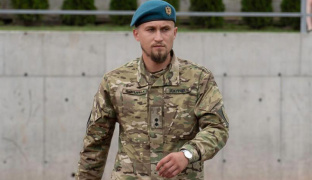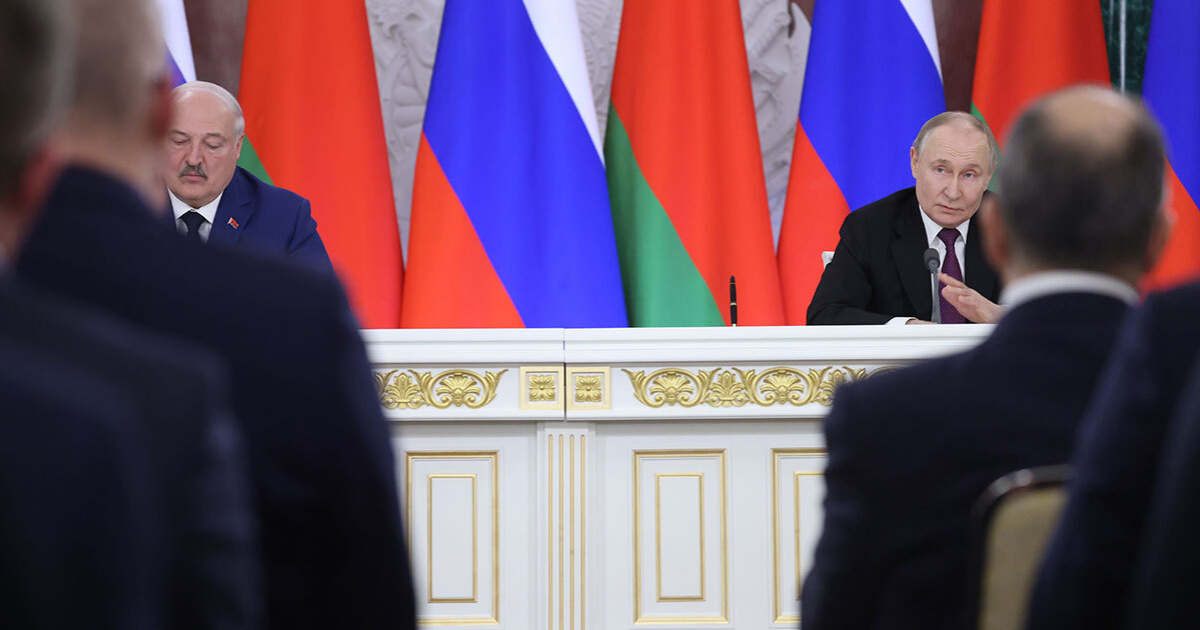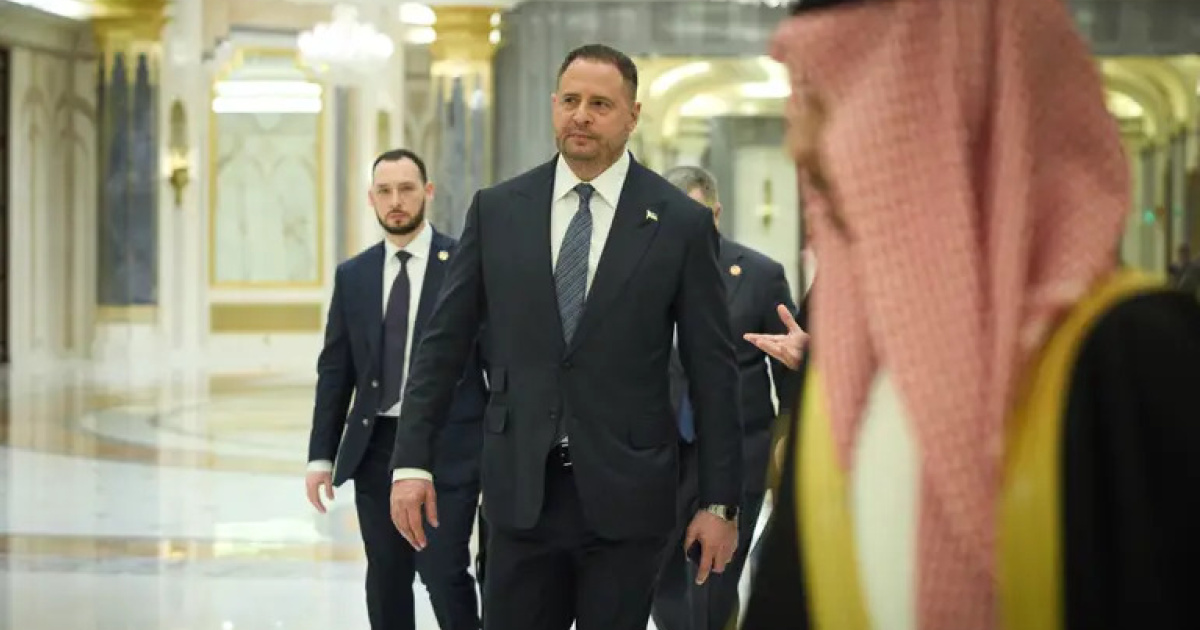
"Objectively, we are making progress, but there is one caveat. The West is trying to present this as a true end to the war, just with some clarifications. We are moving very cautiously along this path, because the situation feels like walking through a minefield, since there are a number of critical and painful issues", - said political analyst and head of the Center for Analysis and Strategies, Ihor Chalenko, in a comment to OstroV.
According to him, the matter concerns the possible recognition by the Americans of Crimea as belonging to russia, as well as the issue of NATO and how the Zaporizhzhia Nuclear Power Plant will be used in the future.
"These so-called compromise decisions look like a certain concession to the russian federation. This is the biggest problem right now, because we don’t see any practical paths toward reconciling negotiation positions", - Ihor Chalenko noted.
The political analyst emphasized that the Ukrainian negotiation team is currently facing significant difficulties.
"They’re trying to present us as a country that is not capable of making agreements. That’s exactly why the topic of the minerals agreement was pushed so hard. But strangely enough, we managed to turn it in our favor. We showed that we are reliable partners, and I think this case might be closed by the end of the week", - he said.
"As for the United States' proposals, they boil down to the US playing the role of Pontius Pilate. One way or another, they’re washing their hands. They’re trying to present us with a fait accompli: either we accept the compromise discussed at the Paris meeting, or the US fully withdraws from the diplomatic process. But in any case, the US will be reducing its involvement in the war topic. That’s why the situation is extremely difficult: on one hand, we must show constructiveness, but without crossing our red lines", - noted Ihor Chalenko.
According to him, we are not being provided with the kind of security guarantees that would truly make a future russian offensive impossible, and the topic of deterrent forces is just one element of security guarantees—and it won’t work on its own.
"The current proposals are not being seen as a comprehensive approach, and the worst part is that they do not suggest a long-term peace. Most of these proposals are focused on achieving a ceasefire regime. The US is ready to compromise on the Crimea issue, which is strategically important, just to get a quick tactical result ahead of the 100 days before Trump’s inauguration. Frankly, these are completely disproportionate in scale, and such proposals raise serious concerns", - the political analyst concluded.





 The US wants a quick tactical result: political analyst Ihor Chalenko commented on the negotiation process
The US wants a quick tactical result: political analyst Ihor Chalenko commented on the negotiation process